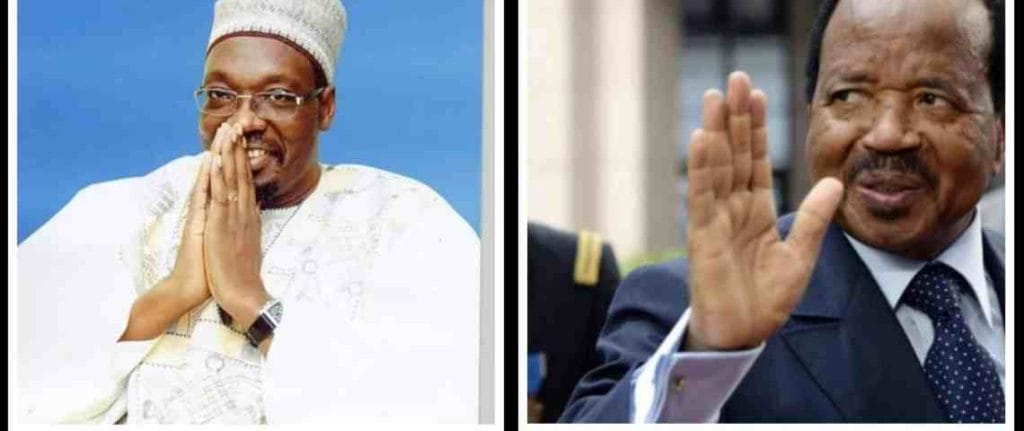As Cameroon prepares for its high-stakes presidential election on October 12, one name is stirring intense debate: Issa Tchiroma Bakari. Once a trusted ally and cabinet minister under President Paul Biya, Tchiroma now presents himself as the man capable of steering the Central African nation into a new political era.
“I am the one capable of leading Cameroonians successfully in this unprecedented fight,” Tchiroma declared at a campaign event in Garoua, his hometown. His confident tone reflects both ambition and defiance in a political landscape long dominated by Biya, who at 92 years old remains one of the world’s longest-serving leaders.
A Former Insider Turns Challenger
Tchiroma’s political journey is one of sharp turns. Having served in multiple governments, he was once part of the machinery that sustained Biya’s rule. But in recent years, disillusionment with the regime’s internal divisions and its failure to deliver economic progress pushed him to the opposition benches.
“The presidency stopped serving the Republic and became a tool of clans and factions,” he said during a televised interview last week. “When leadership weakens and the nation begins to fracture, someone must step forward.”
Now at the helm of the Front for the National Salvation of Cameroon (FSNC), Tchiroma insists his campaign is about rescuing a nation “held hostage by fatigue and stagnation.”
The Weight of Four Decades
President Paul Biya has been in power since 1982, a tenure spanning more than four decades. His reign began after the unexpected resignation of Cameroon’s first president, Ahmadou Ahidjo. Since then, Biya has maintained control through a combination of political maneuvering, constitutional changes, and elections repeatedly criticized by opposition groups for irregularities.
Despite widespread calls for renewal, Biya has once again declared his candidacy, saying continuity is essential for stability. Yet many Cameroonians—particularly the youth—see this election as their best chance in years to push for generational change.
The Tribalism Question
Critics have accused Tchiroma of exploiting regional loyalties, especially in Cameroon’s north, where he enjoys deep grassroots support. He rejects those claims, arguing that his reach extends well beyond his birthplace.
“It’s only natural that I am well-known in the north,” he said. “But my record speaks for itself—I was among the founders of the national opposition coordination in 1991, and I have worked to build alliances across all regions. My message is national.”
A Candidate Under Scrutiny
Skeptics point out that Tchiroma, having once served in Biya’s cabinet, shares responsibility for some of the policies that weakened public trust in government. But he defends his integrity firmly.
“I challenge anyone to prove I misused public funds,” he said. “Judge me by my record, not by rumors. I will declare my assets publicly—I own only two houses, one in Yaoundé and one in Garoua. That’s all.”
Such transparency pledges have struck a chord with voters frustrated by corruption scandals that have plagued Cameroon’s elite.
Can He Unite the Opposition?
For many analysts, the key question is whether Tchiroma can rally the fragmented opposition. Cameroon’s anti-Biya forces have often failed to coordinate, splitting votes and inadvertently strengthening the ruling Cameroon People’s Democratic Movement (CPDM).
“This time, the desire for change runs deep,” said political analyst Julienne Ngassa. “But without a unified opposition strategy, even the strongest candidate could fall short.”
Tchiroma, however, remains optimistic. “Cameroonians from Kribi to Kousseri are ready,” he told supporters. “Even if every opposition party fields a candidate, the people’s will must be so overwhelming that it cannot be ignored. And when they vote, they must also defend that vote.”
The Road Ahead
As the election approaches, Cameroonians face a defining choice: continuity under an aging leader, or the uncertain promise of transformation under a familiar but rebranded figure.
Whether Issa Tchiroma Bakari can truly unseat Paul Biya—or simply reshape the opposition’s future—will soon be tested at the ballot box.



